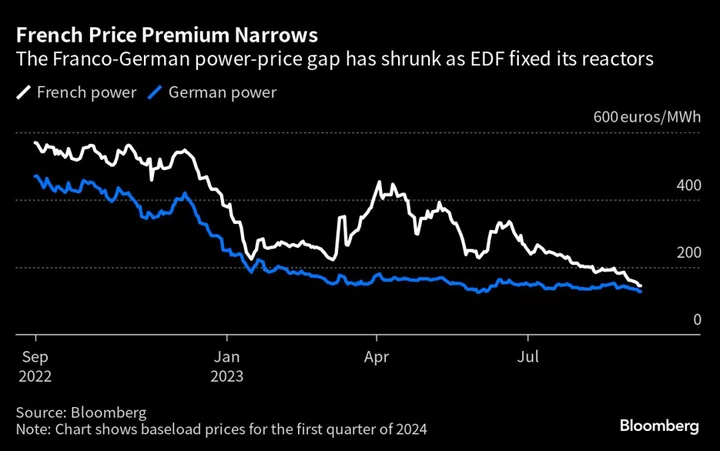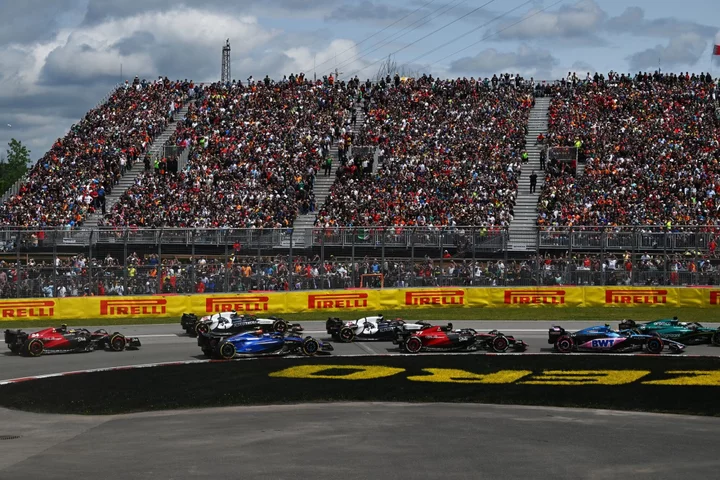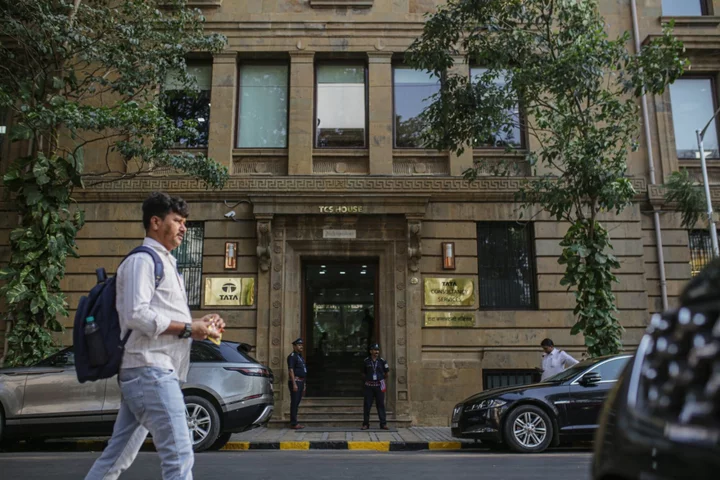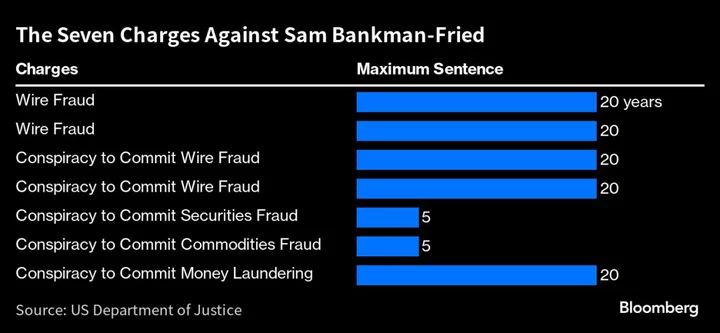Europe’s energy crisis was severely worsened last winter as France was forced to switch off more than a dozen of the nuclear reactors that make the country a vital electricity exporter.
This year, millions of consumers and businesses are relying on Electricite de France SA’s assurances that it has overcome the issues that cut its atomic energy output by almost a quarter in 2022.
“We’re heading into the winter with much more confidence than in the past winter,” Chief Executive Officer Luc Remont said last week.
If he is right, European households and businesses won’t have to suffer the threats of blackouts or demands to make drastic demand cutbacks that dominated last winter. It could also help to lower energy prices, which remain elevated as most Russian gas exports to the region are still shut down.
EDF’s rebounding output “is a huge relief for the French system and the western Europe power grid,” said Marc-Antoine Eyl-Mazzega, the head of the Center for Energy & Climate at Institut Francais des Relations Internationales. “This is very favorable from an economic point of view” and should cut energy bills, reduce government spending on relief measures and ease the region’s trade deficit.
As of Thursday, EDF had 39 reactors online, 12 more than at the same point last year. Ten more are scheduled to come back online in the first two weeks of September, although that will be partly offset by planned maintenance halts elsewhere.
This is all a a stark contrast to last year — EDF’s self-proclaimed “annus horribilis” — when the French government and grid operator were warning of blackouts because so many nuclear plants were closed for repairs. France became a net power importer in 2022 for the first time since 1980 as its atomic output plunged 23%.
EDF’s slump sent ripples across the European market, which typically relies on electricity imports from France. The impact was all the greater because the region was newly starved of energy as Russia halted most gas exports after invading Ukraine. Germany even had to postpone the permanent shutdown of its three remaining nuclear reactors by a few months to boost supply.
Power and gas prices broke records last year, but Europe managed to avoid the feared winter crisis thanks largely to unusually warm weather and other measures that curbed demand. Energy costs have since dropped as the risk of blackouts receded, but French power prices “remain a bit too high” as some people still have “doubts” about supply this winter, Patrick Pouyanne, the CEO of French energy giant TotalEnergies SE, said last week.
The premium of French over German power prices has narrowed steadily in recent months. Energy costs could ease further if EDF can prove to the market that it has mastered its technical difficulties.
“Repairs are progressing with a very positive momentum,” Regis Clement, deputy-head for nuclear production at EDF, said in an interview.
Last year, the utility was struggling to find enough welders and other technicians to check and replace scores of cracked pipes that could compromise the safety of reactor cooling systems. Since then, the French nuclear behemoth has moved along the learning curve.
Read more:
- Cracking Under Pressure: The Race to Fix France’s Nuclear Plants
- France Avoided Winter Blackouts Thanks to Big Demand Reduction
The repair process has been standardized, with dedicated teams working on them, said Clement. The complex replacement of key safety pipes at its Cattenom-1 unit, by the border with Luxembourg, was completed in just 30 days. Similar work at the Cattenom-3 unit last year took almost three months.
Thirteen of the 16 reactors that are more prone to so-called stress corrosion have now been repaired or fixed preventively, Clement said. EDF is also making good progress with checks on units where welds were repaired during their initial construction — another potential cause of weakness in critical systems — with about 80% of the work schedule for 2023 completed, he said.
One key development to further reduce reactor downtime: EDF can now ask the regulator for permission to repair very small cracks in pipes detected by ultrasound scans — which are unlikely to deepen quickly —during periods of scheduled maintenance. They have already received such approval in two or three cases, Clement said.
“I’m serene on the fact that we will have more nuclear output,” though “we still need sobriety,” France’s Energy Transition Minister Agnes Pannier-Runacher said on Radio J on Friday. “We must keep increasing our nuclear output — we’re still far from our maximum — and the EDF executives’ pay will be partly pegged to annual production targets.”
In the first half of 2023, France regained the crown of Europe’s biggest power exporter, according to Cedric Lewandowski, EDF’s senior vice president of nuclear and thermal. The company expects available nuclear capacity to rise from 40 gigawatts in November to 50 gigawatts at the start of January, Clement said. That’s 5 to 10 gigawatts more than a year earlier.
There could still be bumps in the road ahead, such as unplanned halts or the occasional delayed restart. But whereas incidents like this could move electricity markets last year, the system should have enough slack this winter to shrug them off.
“Even if EDF don’t generate as much as they say right now, we still see that they’re going to be generating a lot more than they did last year,” said Robert Jackson-Stroud, EU market power analyst at ICIS. He expects France to be a net power exporter through most of the winter and says prices are more likely to fall than to rise.
“The crisis is fading,” said EDF’s Clement. “Unplanned outages and large strategy adjustments are rather behind us.”
(Updates with comment from energy transition minister in 16th paragraph.)









